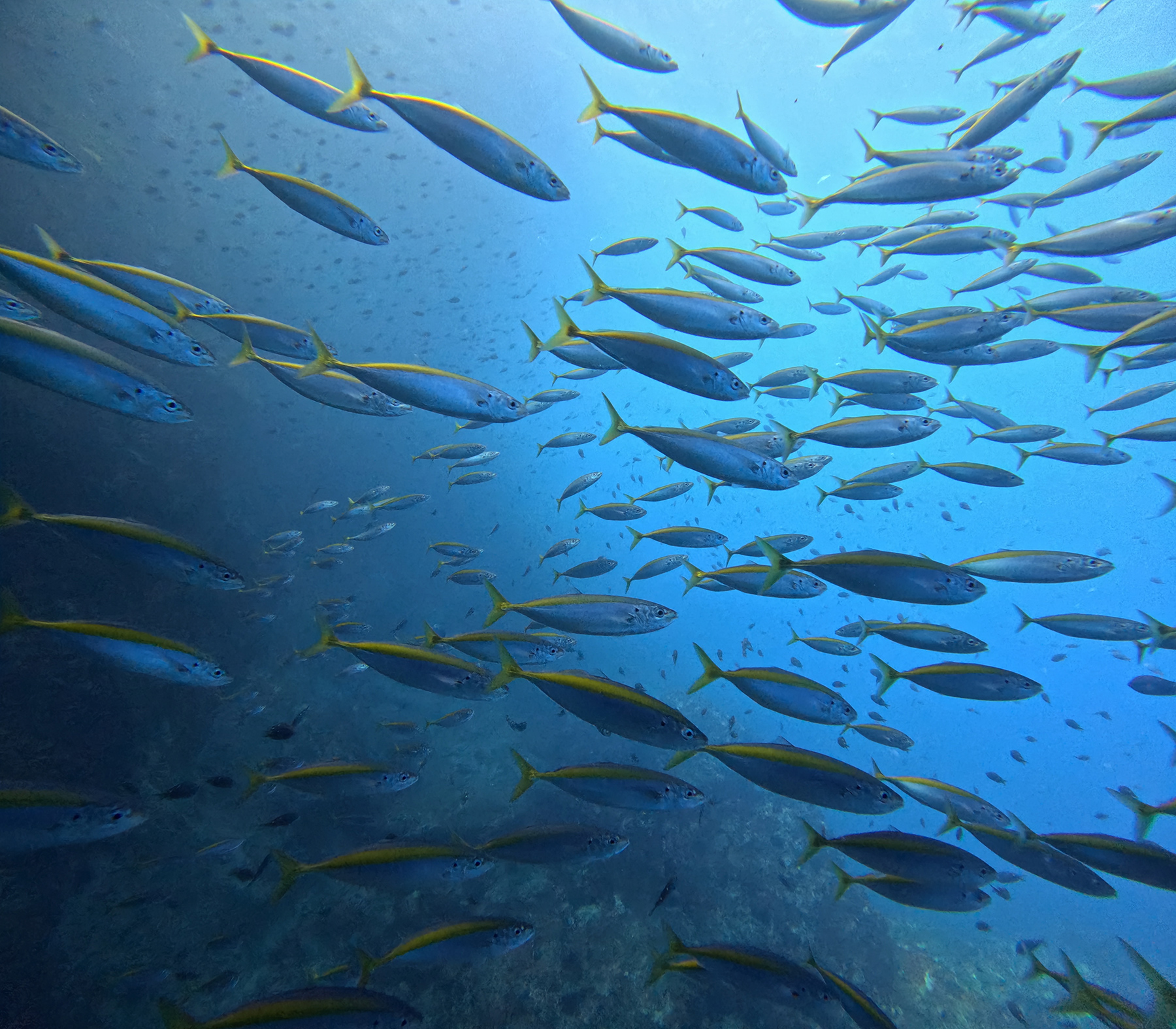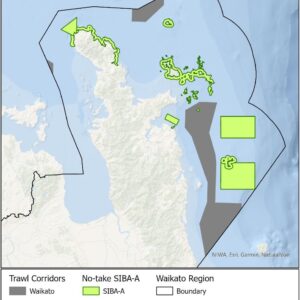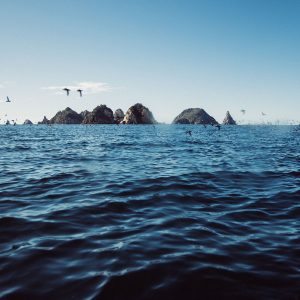Shane Jones, the Minister for Oceans and Fisheries, wants to change the rules that govern how we manage our fish stocks. On the surface, it sounds fairly tidy – he says he wants to “clarify roles” and “separate functions.” But if you dive into the details, the real intention becomes clear. This is about watering down environmental protections so catch limits can be set with less scrutiny. That means fewer fish in the water for our kids.
At the moment, the Fisheries Act is pretty straightforward. When the Minister sets a Total Allowable Catch (TAC), he has to consider all the effects of fishing. That means bycatch, predator-prey relationships, seafloor damage, ecosystem disruption – the whole picture. Courts have recently confirmed this responsibility. In fact, the High Court spelled it out clearly: the Minister must take into account any effect of fishing, whether it’s direct, indirect, past or present, or cumulative.
The new proposal strips most of that out. It says the Minister only needs to have a narrower view when setting TACs. Ignoring everything but bycatch and predator-prey effects.
The Minister argues this is needed because the courts are limiting his discretion and creating “unnecessary restrictions” on fishing. In other words, he doesn’t like being held accountable. The irony is that the purpose of the Fisheries Act is exactly that – to make sure the environmental impacts of fishing are adequately considered, not swept aside.
What’s worse is how this proposal has come about. There’s been limited public consultation. Instead, the Minister has admitted most of the drafting was done alongside commercial fishing interests. That sets alarm bells ringing.
Right now, our fisheries are managed almost entirely on a single-species basis. In inshore trawl fisheries, dozens of different species are caught together, many of which we know very little about. Ignoring the broader ecosystem impacts of trawl fishing is a recipe for further decline.
Protecting the marine environment isn’t an “unnecessary restriction.” It’s the foundation for having abundant fisheries in the future, which provides for our general well-being. Weakening the law at the request of industry takes us in exactly the wrong direction.
LegaSea and the New Zealand Sport Fishing Council reject this proposal outright.





